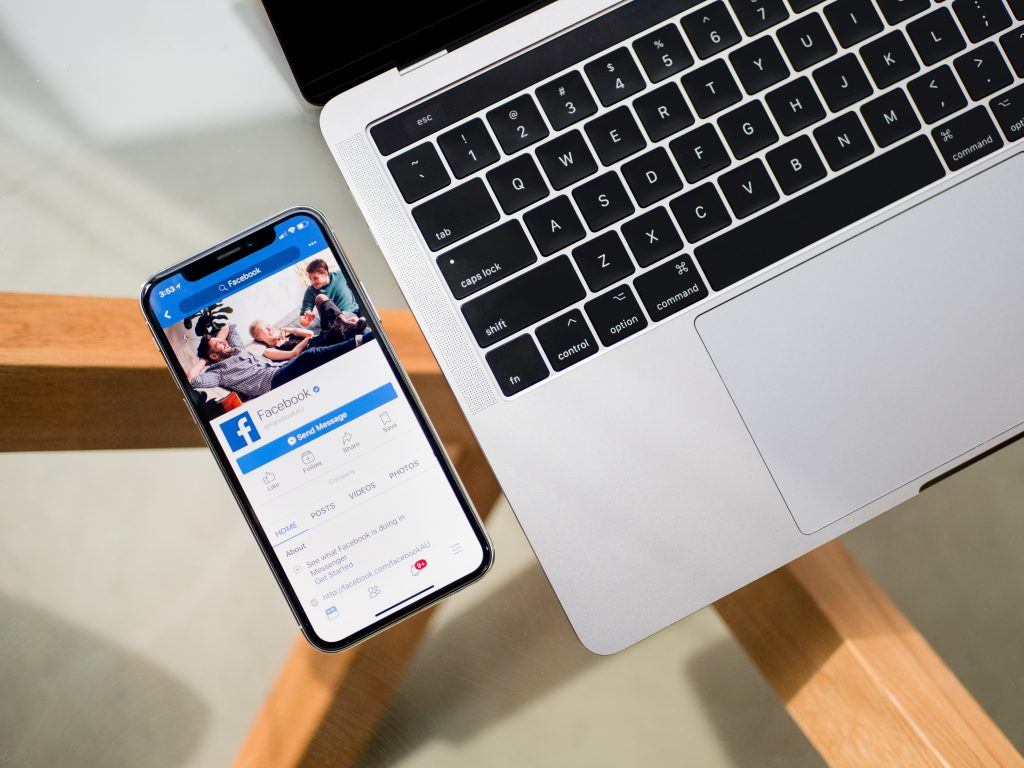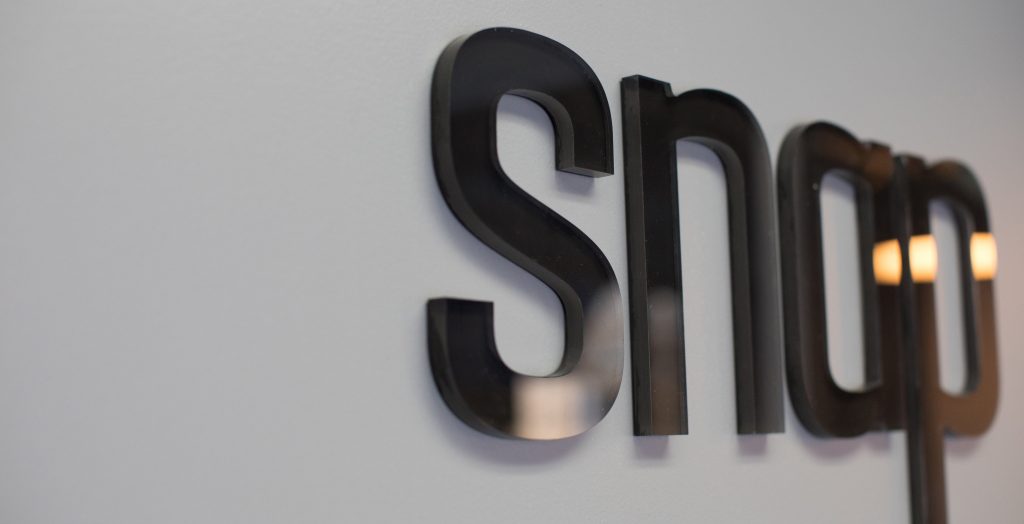
If you’ve been experiencing a severe case of cabin fever amidst the coronavirus stay-at-home orders, you’re not alone. The postponing of social gatherings and industry events has caused many of us to fantasize about what we’ll be doing several months from now—in short, creating those post-quarantine bucket lists. While no one can predict the future, we are hopeful that scheduled events will proceed as planned in the fall.
We recommend extreme caution, of course, not just now, but in those first few weeks when we can start having large meetups again. In the meantime, why not build up a strong audience base for your upcoming event now, and capitalize on online visibility while people are spending more time working remotely—and therefore more time on the internet? If things continue to look up, the audience you’ve grown will translate to a successful in-person event later down the road. Let’s examine some tactics to make just that happen!
Local Influencer Marketing
Event planning is all about bringing a like-minded community together—whether through shared hobbies, identities, social platforms, etc. And it’s because of the importance of a community that we can’t ignore the power of local influencers.
Local influencers are trusted and highly-regarded by those in your community, as well as far less expensive to enlist than a full-on celebrity endorsement. Even better, they know the ins and outs of your community—in other words, just what to say and do to get a strong local turnout.
Not yet sure that this tactic will gain you the reach you hope for? What if we told you that 92 percent of consumers are more likely to trust a friend or an influencer than your standard celebrity endorsement? Go on, locate that “local celebrity” you’re so fond of and shoot them a DM; you’ll help to develop an even more close-knit community than ever before.
Paid Social
Another great way to raise awareness of your event on a limited budget is to invest in a paid social strategy. These are a step up from those free media marketing tools, like Facebook or Pinterest. Paid social campaigns charge a small fee to boost your site’s visibility on both third-party feeds and pages. What this means is that, while your audience may not be searching for your content initially, an intriguing ad campaign could get them to click over to your landing page, placing an event on their radar that they may not have learned about otherwise. Of course, with the help of a digital marketing agency, plenty of demographic research can be conducted so that these ads appear to the right audience!
Not only does paid social marketing target specific crowds; it calls audiences to action in a way that organic marketing doesn’t. Simply asking your audience a question can be enough to get users to click over to your site—and for our purposes here today, to attend your event.
Many paid social platforms have ways of keeping you within your pre-planned budget—if you only want to spend, say, $100 a week on Facebook ads, you can do that, but you can spend much more than that, too. You tell these sites what you want to spend so that you’re not hit with any surprises further down the road. Even better, many of these sites talk you through your bidding strategy, so that you get the most bang for your buck.
Organic Posting
Maybe, after much deliberation, you’ve decided you’re just not ready to implement a paid social strategy, and so you opt for organic posts instead. Simply put, these are posts without paid promotions behind them. The “sponsored” tag does not appear on them, and they’ll have significantly less visibility than a promoted post would.
The fact that organic posts only reach about 2 percent of your followers might seem like cause for alarm, but never fear! A stable, consistent posting schedule means far more to audiences than the numbers would suggest. For example, if your company is planning an event, and someone has a question about it, they’ll go directly to the source to get answers—i.e., to your page to review those event updates, in the form of unpaid ads as well as paid. After all, if you were a prospective attendee and noticed that the event page hadn’t provided any new info in days, weeks, or even months, what would you do? You might assume the event had fizzled out, or that the hype and eventual turnout weren’t going to be that great to begin with.
To us, a robust event planning strategy means a combination of both paid social and organic posts. On the chance that you don’t have any budget for the paid option, you most definitely want to continue with that consistent organic posting schedule.
Snap: Your Partner in Successful Digital Event Planning
Social distancing and remote work mean that more of us are spending time online than ever before, so now’s your chance to develop a strong digital marketing presence. Take advantage of some of our tips and for promoting your next event, or lean into the digital workspace and host a webinar, live social media event, or other online activity for your industry colleagues and customers. You have plenty of options, and we’d love to help!
Snap is an award-winning digital marketing agency committed to cultivating your online presence, especially in (rather than in spite of) these uncertain times. Connect with us today—let’s build your fanbase and cultivate that future event turnout together.


